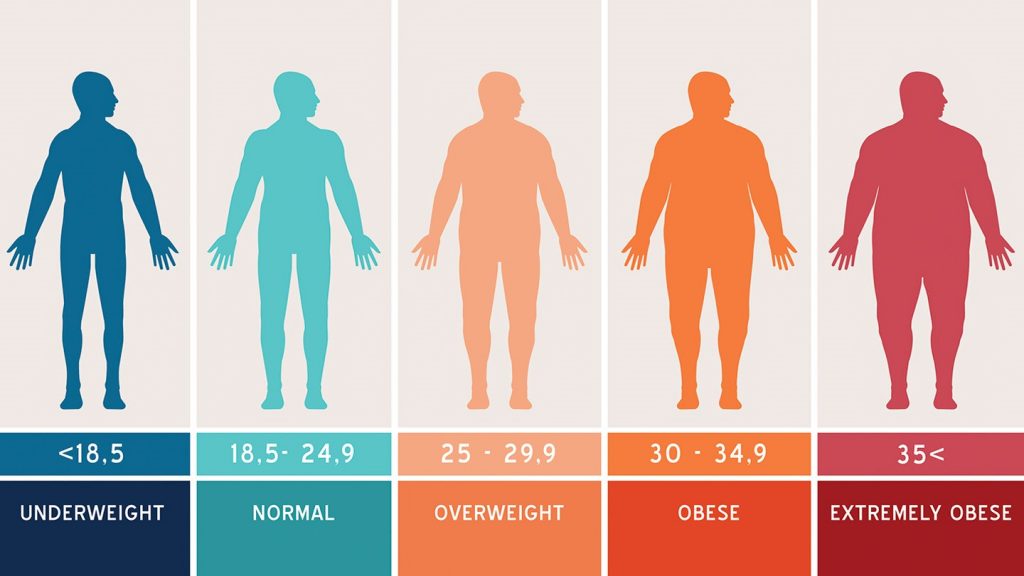
Age
Age is considered the most significant risk factors for this disease which rarely affects those under the age of 60. According to estimations by the Alzheimer’s Association, one in three senior Americans dies with some form of dementia.
On a related note, a 2018 study from the Yale School of Public Health found that attitudes toward aging may also play an important role. After analyzing a cohort of 4,765 older Americans, the research found that those with positive age beliefs were 49.8 percent less likely to develop dementia than those with negative age beliefs.

BMI
Conflicting results have emerged from studies that examined body mass index (BMI) as a possible risk factor for dementia. While some suggest that lower BMI is the culprit, others have rejected this and found that a high BMI is what seems to be linked to an increased risk.
A 2017 review concluded that a majority of literature has provided evidence that obesity in mid-life was linked to a higher risk of dementia, while the association of the disease with being underweight remained inconsistent at best. It has been noted that excess body weight in mid-life could contribute to neurodegenerative damage, which may increase the chances of dementia.
“While there are currently no sure-fire ways to prevent dementia, current best evidence suggests that maintaining a healthy weight is a key way to keep our brains healthy,” said Dr. Rosa Sancho, Head of Research at Alzheimer’s Research UK.

























